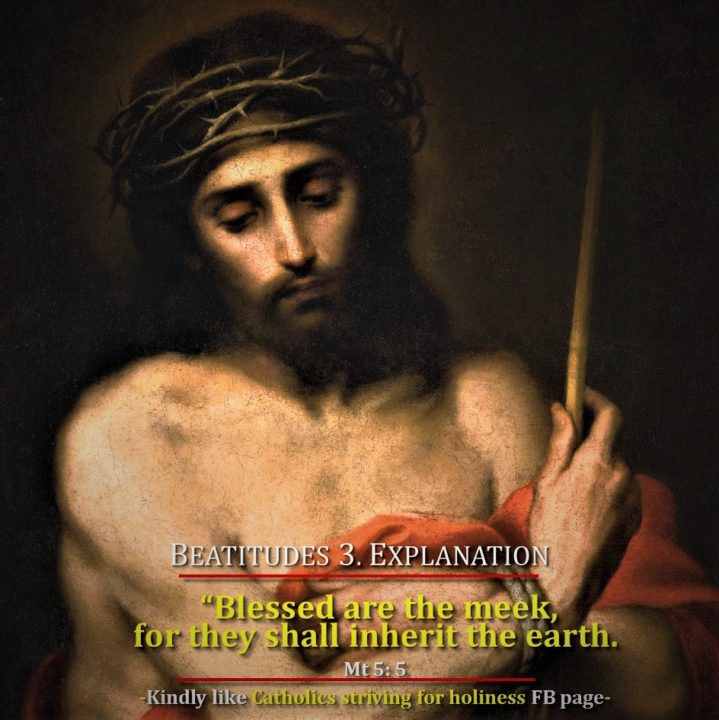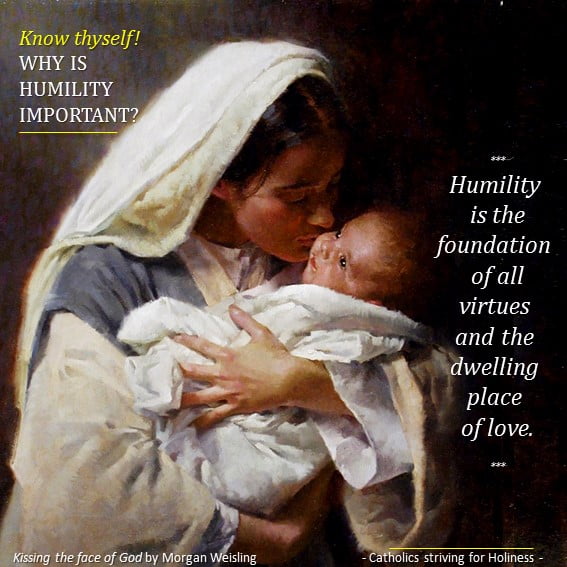HOMILY FOR THE 14TH SUNDAY IN ORDINARY TIME YEAR A

1. Come to me, learn from me.
In today’s 14th Sunday in Ordinary Time year A Gospel, Jesus invites us to come to him. Why?
- Because He is the Way, the Truth, and Life (Jn 14:7).
- In him and through Him only can man find his real and lasting happiness. In him we will find peace, joy and serenity in store of and in the midst of life’s adversities.
- St. Josemaria, Forge, n. 756: There can be no doubt that for us who love Jesus, prayer is the great “pain—reliever”.
- We could ask ourselves. Lord, do I go to you, do I deal with you and pray to you daily?
- How many times do I remember you during the day?
- Jesus is waiting for us at all moments and in all things, esp. in the Tabernacle. May we be generous in putting the means to go to Him daily through prayer, visit to the Blessed Sacrament, Holy Mass, and presence of God.
- May we go to him with confidence, not only during difficult moments of our life but all daily.
But not only that. Jesus also tells us to learn from him. Why?
- As the Way, the Truth and the Life, No one goes to the Father except through Him
- He showed us the way to reach the Father, our eternal happiness.
- That is why we need to learn from him and imitate him because in this consists the happiness and holiness to which we are called: to live his virtues for love, to identify ourselves with him, to be other Christs.
2. For I am meek and humble of heart
Today we could focus on one virtue which Our Lord teaches us: Learn from me for I am meek. Our Lord tells us in one of the Beatitudes: Blessed are the meek for they shall inherit the earth. But what does it mean to be meek?
A meek person is one who endures injury, hardships, insults, injustice with patience and without resentment, without giving into anger or violence.

- He remains serene and steadfast in the midst of difficulties without giving into discouragement, revenge, anger in thought, word and deed.
- Opposite to meekness are: arrogance, imperious, overbearing, scornful.
- The meekness which Our Lord asks from is far from having lack of courage or bravery to react to unjust situations. Rather, Christian meekness requires a strong character to overcome irritability, air of superiority, and violence, and paves the way towards an attitude of forebearance and forgiveness.
- At times, it may give into anger, as Our Lord himself did when he expelled the merchants from the temple,to underline the respect the house of God deserves as a house of prayer. But it is a holy anger.
- As seen above, the virtue of meekness is indispensable in our Christian life. We could ask ourselves if we struggle to be meek.
The virtue of meekness is indispensable in our Christian life. We could ask ourselves if we struggle to be meek.
- When insulted or offended, do I get angry and return the insult and the offense? Or do I try to pray for that person and offer to God the hurt in a silent way?
- Am I always irritable, manifesting it in my conversation, in my facial expression or gestures?
- St. Josemaria: Don’t say: ‘That’s the way I’m made… it’s my character’. It’s your lack of character: Be a man (TW 4).
- It is more difficult to be meek than to be impulsive. Meekness requires self-mastery and control, whereas speaking or acting with anger and irritability is so easy and common: it is for the impulsive, and proud.
- Pope Francis said: If we are constantly upset and impatient with others, we will end up drained and weary. But if we regard the faults and limitations of others with tenderness and meekness, without an air of superiority, we can actually help them and stop wasting our energy on useless complaining. Saint Thérèse of Lisieux tells us that “perfect charity consists in putting up with others’ mistakes, and not being scandalized by their faults”
- St. Josemaria: Don’t say: ‘That’s the way I’m made… it’s my character’. It’s your lack of character: Be a man (TW 4).
- How many relationships among family members, spouses, siblings, friends, have been broken because of anger, because of lack of meekness, which is always rooted in pride.
- Let us remember: It is better to be silent than to say hurtful words which we would always regret having said.
- It is better to be kind than to be right.
- It is better to be humble than to be proud.
- Someone might object: “If I am that meek, they will think that I am an idiot, a fool or a weakling”. At times they may, but so be it. It is always better to be meek, for then our deepest desires will be fulfilled. The meek “shall inherit the earth”, for they will see God’s promises accomplished in their lives. In every situation, the meek put their hope in the Lord, and those who hope for him shall possess the earth.

Meekness stems from humility, an indispensable virtue but that is for another homily. Yet, I would like to insist on the indispensability of humility because it is the foundation and dwelling place of all virtues.
- Without humility, there is no true virtue. But above all, there is no love.
Let us ask God to grant us the grace to change ourselves so that we may put into practice His words: “Come to me…Learn from me.” And that we may struggle daily to be meek and humble of heart in our daily life and relationship with Him and with others.
A Blessed Sunday and week ahead!
Fr. Rolly Arjonillo
SEE AS WELL:
Stay updated: subscribe by email for free TO OUR NEW WEBSITE www.catholicsstrivingforholiness.org (PUT YOUR EMAIL IN THE SUBSCRIBE WIDGET).
We are also in www.fb.com/Catholicsstrivingforholiness. Kindly help more people in their Christian life by liking our page and inviting your family, friends and relatives to do so as well. Thanks in advance and God bless you and your loved ones! Fr. Rolly Arjonillo


